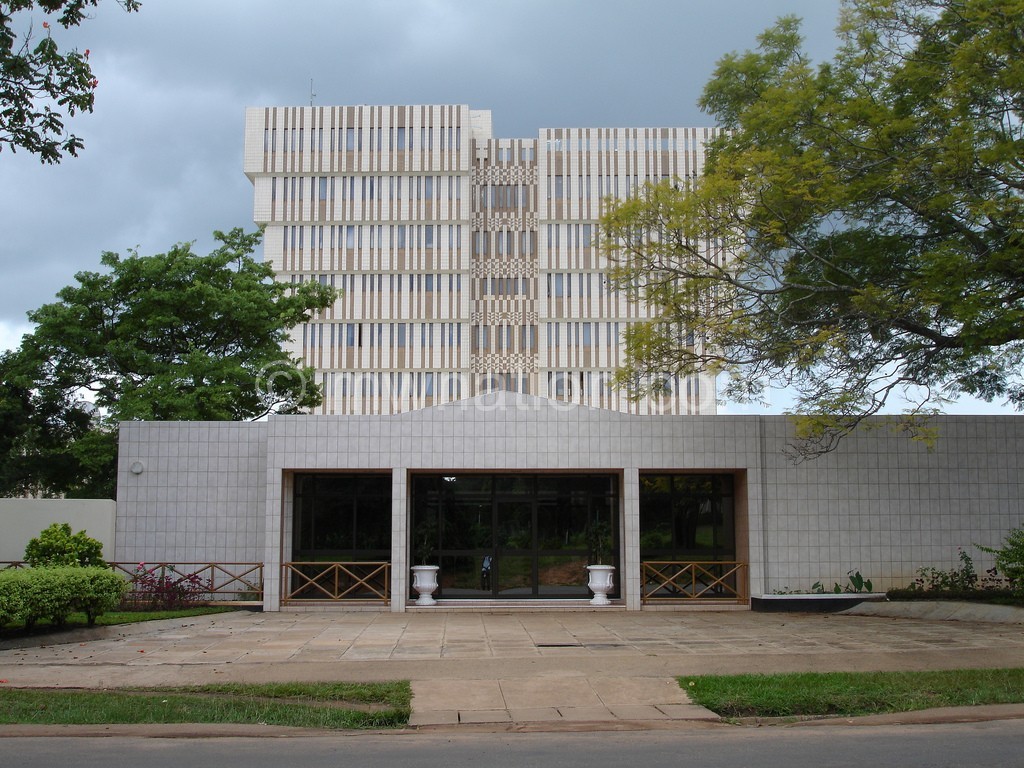Govt revenue declines
Treasury has for the second month running in the 2019/20 financial year posted a decline in revenues, Reserve Bank of Malawi (RBM) figures show.
According to the August 2019 Monthly Economic Report, total revenues in the month under review declined by K10.8 billion to K86.4 billion, following another decline of K35.5 billion recorded in the previous month.

The decrease in revenues collected in August 2019 was due to a drop in domestic revenue collections, which fell by K13.2 billion to K81.4 billion in August 2019 with tax revenue collections and non-tax revenue collections underperforming and dropping by K11.1 billion and K2.1 billion, respectively.
Meanwhile, budgetary operations for the central government closed the month of August 2019 with a deficit of K41.1 billion compared to a deficit of K34.1 billion recorded in July 2019 with total revenues amounting to K86.4 billion against expenditures of K127.5 billion.
“Expenditure in the month of August 2019 slightly declined by K4.1 billion to K127.5 billion. The decrease in expenditures observed in the month under review emanated from restraint on recurrent expenditures, which registered a drop of K5.3 billion. Meanwhile, development expenditures registered an increase of K1.2 billion to K14.1 billion,” reads the report in part.
In the 2019/20 fiscal plan, domestic revenues are projected at K1.425 trillion or 22.7 percent of gross domestic product (GDP), comprising K1.369 trillion as tax revenue and K55.8 billion as non-tax while total expenditure is projected at K1.731 trillion or 27.6 percent of GDP and an increase of 20.1 percent from the 2018/19 preliminary outcome of K1.441 trillion.
Overall deficit is estimated at K155.9 billion or 2.5 percent of GDP, and about 51.3 percent reduction from the 2018/19 preliminary actual budget deficit outturn of K320.2 billion.
The fiscal plan is formulated on assumptions that the economy will grow by five percent and seven percent, in 2019 and 2020, respectively; an average inflation rate of eight percent during the fiscal year, a stable exchange rate of about K750 against US dollar and policy rate of 13.5 percent.
Malawi Confederation of Chambers of Commerce and Industry (MCCCI) chief executive officer Chancellor Kaferapanjira observed that the major risk of maintaining this estimate is that the expenditure side, which may be committed, will not be controlled.
“As such the economy will end up with another enormous budget deficit compared to that which has been projected. This has been the characteristic of all the budgets of the past five years, by government’s own admission. The consequence has been the plunging of the economy into unsustainable cumulative debt to the magnitude of 62 percent of GDP by December 2018, according to official records,” he said.
Minister of Finance, Economic Planning and Development Joseph Mwanamvekha admitted that Treasury is facing challenges in the areas of fiscal deficits and public debt with government operations recording fiscal deficits which have contributed to rising public debt, recorded at 62 percent of GDP as at end December 2018.





